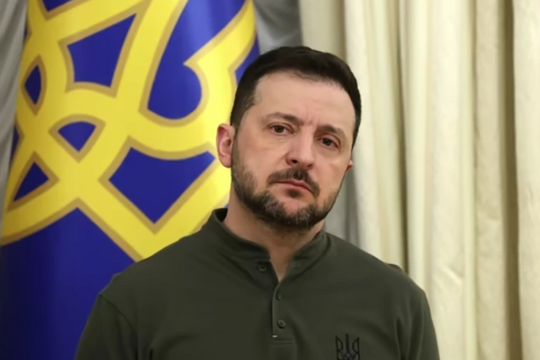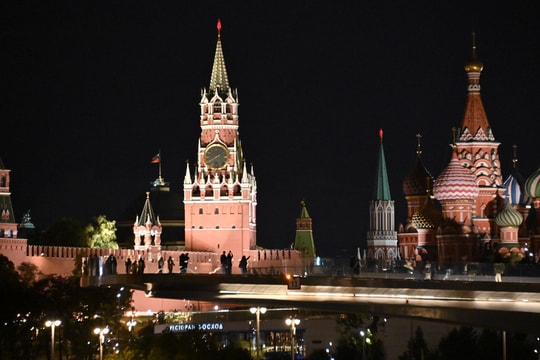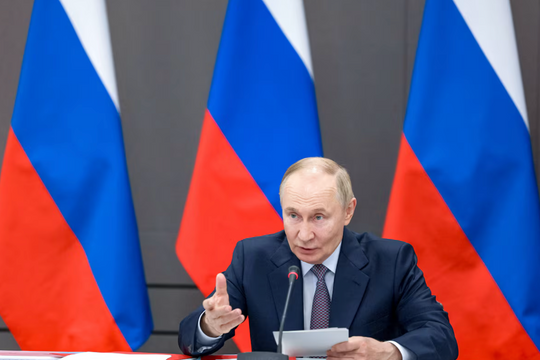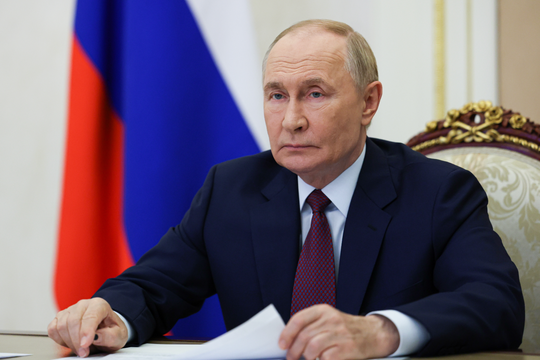Russia uses double tactics with the US in the New START treaty
That's the strategy Russia is using as it considers the fate of the expiring New START Treaty as President Trump trails his opponent Joe Biden in opinion polls ahead of the US election.
Is a skinny sparrow in the hand worth two plump quails in the bush? The Russians would probably say no – at least when it comes to choosing between a last-minute arms control deal proposed by the Trump administration and the approach that Democratic presidential candidate Joe Biden would pursue toward Russia if elected.
At issue is the fate of the New START treaty, the centerpiece of the Obama administration’s relations with Russia. It entered into force in 2011 and is set to expire on February 5, 2021, unless both sides agree to extend it. The treaty limits the number of strategic bombers, missiles, and warheads deployed by Russia and the United States, along with a series of stringent verification requirements.
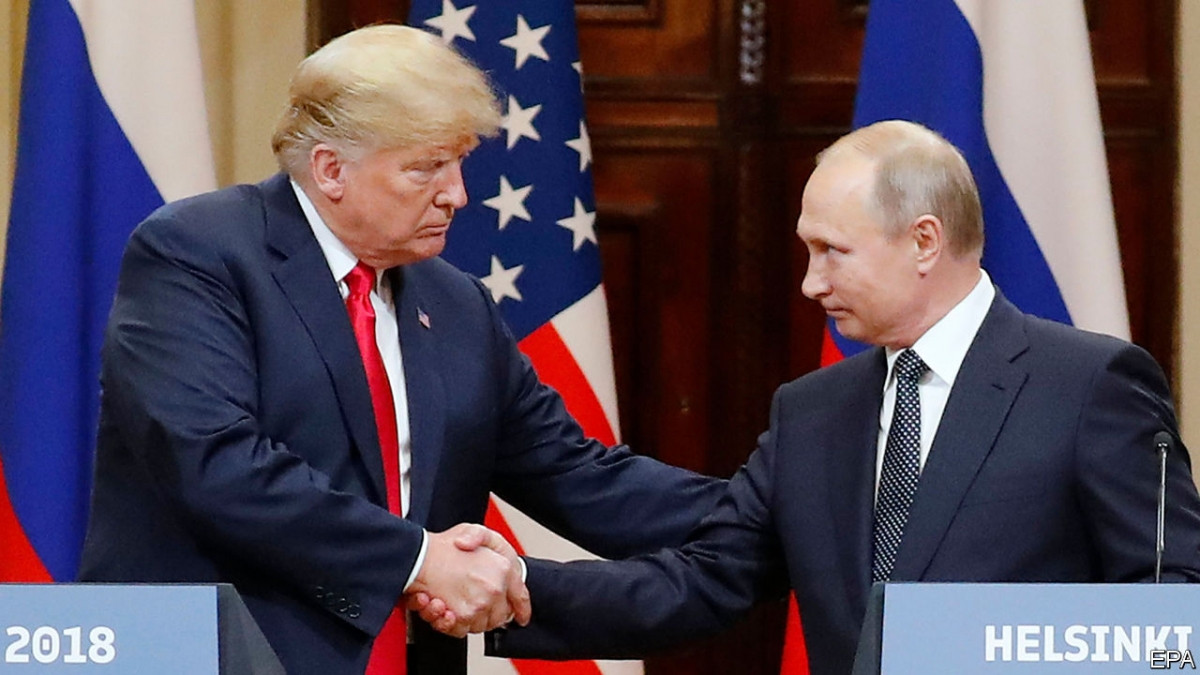
Double move
If New START expires — following the demise of the Anti-Ballistic Missile Treaty under President George W. Bush and the Intermediate-Range Nuclear Forces Treaty under President Donald Trump — the US and Russian militaries would not be bound by bilateral arms control treaties for the first time since the 1960s.
Trump administration officials have repeatedly cited the potential threat of a 21st-century arms race to pressure Russia into making concessions. The US wants Russia to push China into trilateral talks on a successor treaty to New START, but China has refused, claiming its nuclear arsenal is a fraction of that of Russia and the US.
More recently, the Trump administration has offered to extend the treaty for a year if Russia accepts a politically binding framework that would freeze the number of non-strategic nuclear warheads at current levels. Democratic presidential candidate Joe Biden, on the other hand, has called for an unconditional extension of New START for five years – the maximum period allowed under the treaty.
Russia has clearly shown its "frustration" with the proposals of the Trump administration.
After US arms control envoy Marshall Billingslea told reporters last week that the sides had reached a “gentlemen’s agreement” on freezing warhead levels and extending the New START treaty, Russian Deputy Foreign Minister Sergei Ryabkov flatly denied it.
Mr. Ryabkov called the U.S. proposal “unacceptable” and warned that if U.S. officials needed to report to their superiors before the election what they thought they had agreed with Russia, they would not get it.
However, Russia has not completely closed the door to extending the agreement with the Trump administration. Following Ryabkov’s statement, Russian President Putin called for extending the START treaty for at least a year without any conditions. Russian Foreign Minister Sergei Lavrov also said that intense discussions on the fate of New START are still ongoing.
A Russian Foreign Ministry statement on October 20 stressed that Russia could in principle agree to a warhead freeze as part of a one-year extension of the treaty, but the United States should not “put forward any additional conditions,” a reference to additional verification measures that US officials have sought.
In addition, Moscow also said that when negotiating a bilateral treaty following New START, the parties must also discuss all factors that could affect strategic stability, that is, including US missile defense systems that Washington has long been reluctant to bring to the table.
Betting on a Biden administration?
Despite leaving the deal open, Russia is also reluctant to “give” the White House any concessions on arms control, despite threats from senior US officials to let the treaty expire without any agreement before the election.
Russia’s willingness to risk this move may inform Moscow’s current view of the Trump administration and his reelection prospects. Russia has clearly been frustrated by President Trump’s policies toward Russia—which are in fact much more hostile than he made them out to be during the 2016 campaign.
Mr Trump’s policies include tough sanctions against Russia, new arms supplies to Ukraine, a buildup of US troops in Eastern Europe and withdrawal from arms control treaties. Russia is also likely to recognise that US polling data suggests Mr Trump’s chances of re-election are not rosy.
Besides, Russia cannot help but pay attention to candidate Biden's view of wanting to "maintain strategic stability".
Moreover, the Russian side seems to be counting on a number of figures who could play a key role in national security if Mr. Biden is elected. These include former Deputy Secretary of State Bill Burns, who earned a reputation in Moscow for his tough but relatively pragmatic stance during his time as U.S. Ambassador to Russia, and Rose Gottemoeller, the chief negotiator of the U.S. New START treaty in 2009. Ms. Gottemoeller was also one of the authors of an open letter calling for a more balanced and pragmatic approach to Russia.
Despite Biden's tough talk about Russian President Putin, the Kremlin likely hopes the two sides can cooperate on strategic issues if he is elected.
These factors explain Russia's caution in considering Trump's proposal.on the extension of New STARTIf Mr. Trump is re-elected, Russia will still be in a position to quickly reach a formal agreement to extend the treaty and negotiate a follow-up agreement. And if Mr. Biden wins, Russia will not do anything to “displease” the new administration in the US./.

